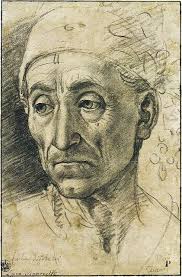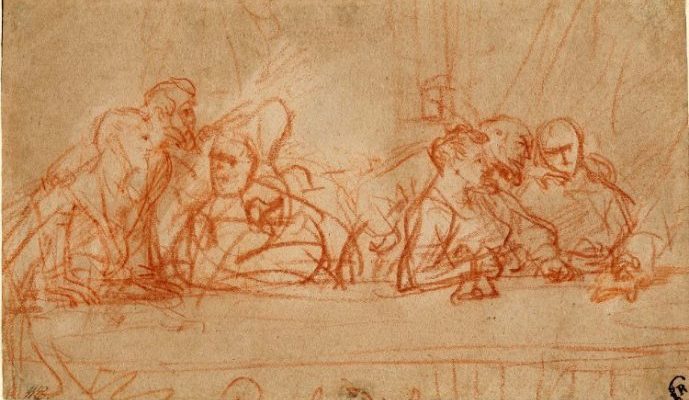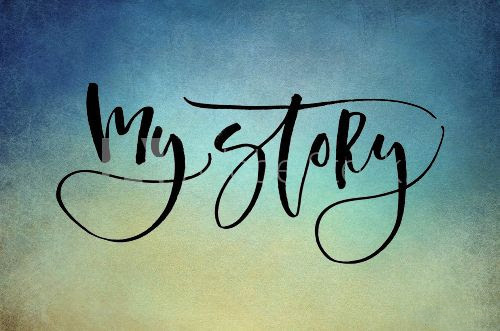Should Your Memoir Have the Shape of a Novel?
If you’re writing a memoir this year, you will—at some point—confront the question of whether your story should read like a novel. The answer to that question is as individual as your writing style and the story you have to tell. Maybe you naturally share…

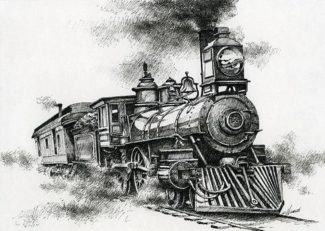
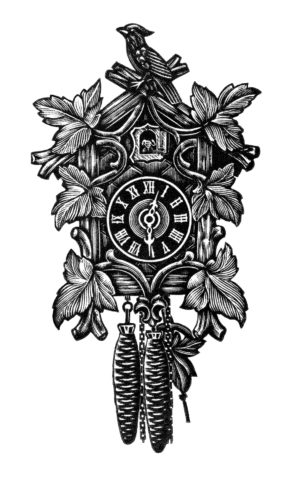
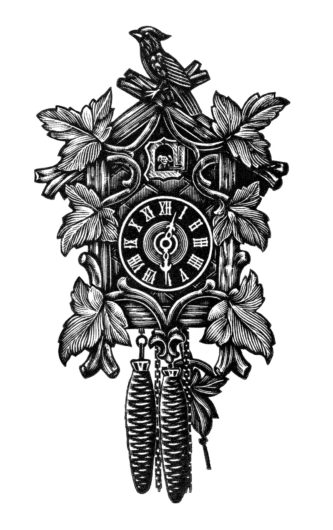 When you sit down to write a memoir you may wonder how long it’s going to take to finish the thing. The fact it, there’s no standard time frame. I have encountered several writers who say they worked for fifteen years to get it right—to finalize a solid draft relating personal experience that is filled with universal truth and which tells a story.
When you sit down to write a memoir you may wonder how long it’s going to take to finish the thing. The fact it, there’s no standard time frame. I have encountered several writers who say they worked for fifteen years to get it right—to finalize a solid draft relating personal experience that is filled with universal truth and which tells a story.